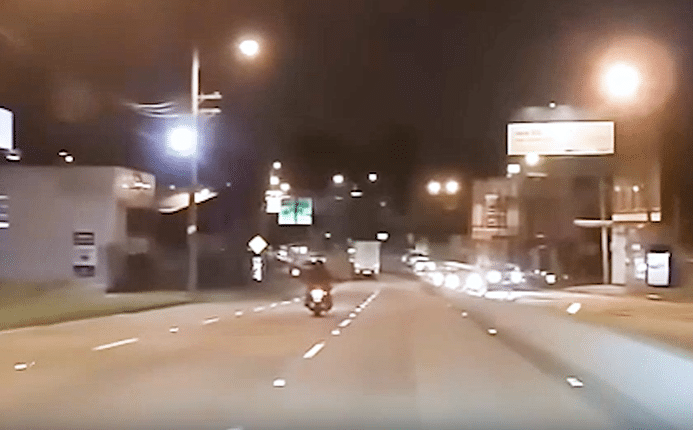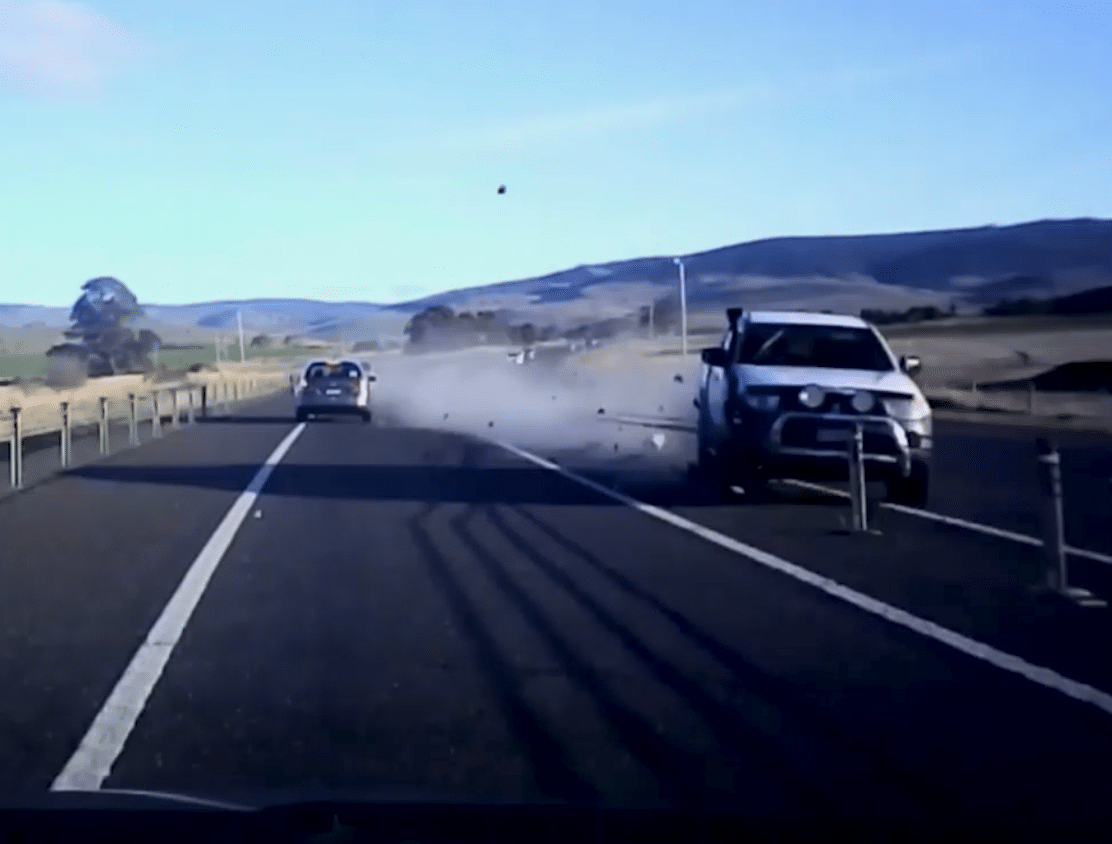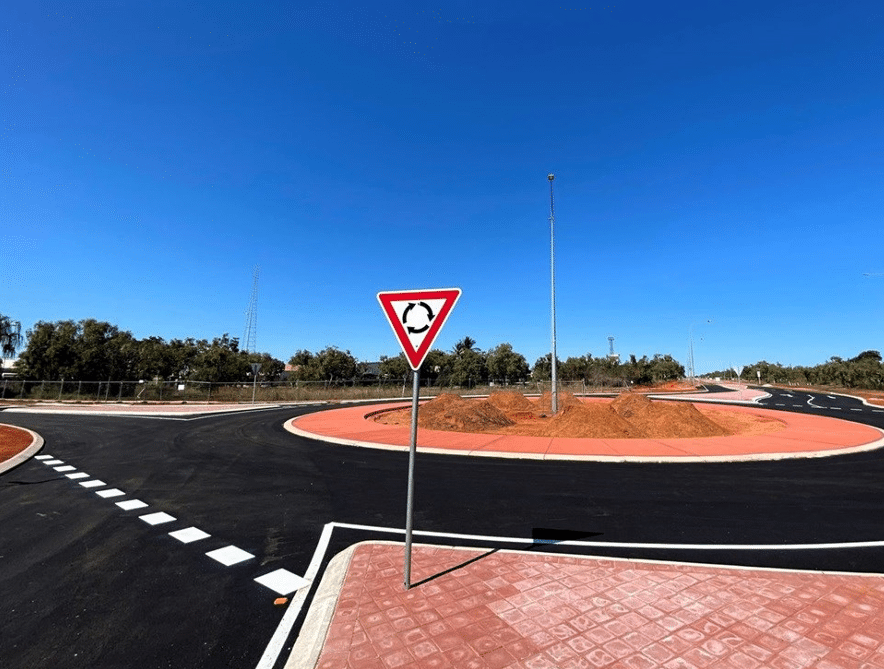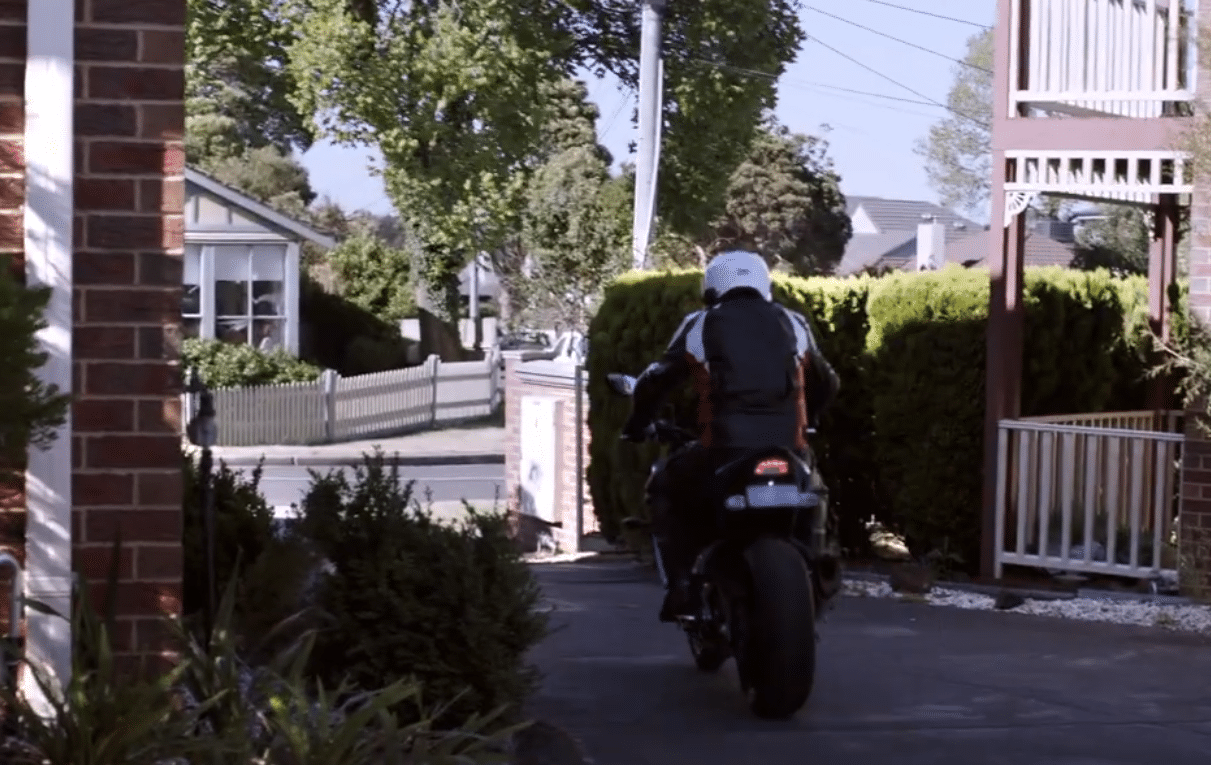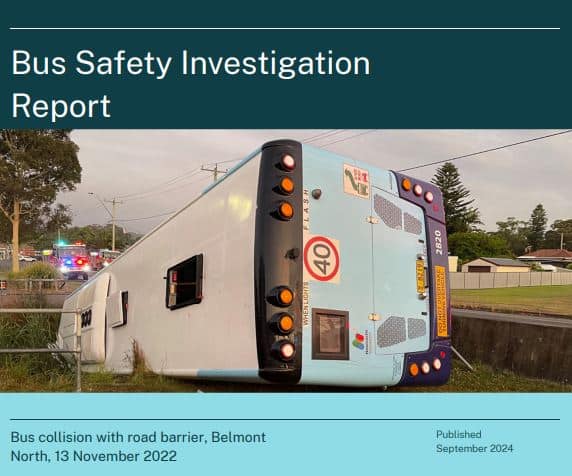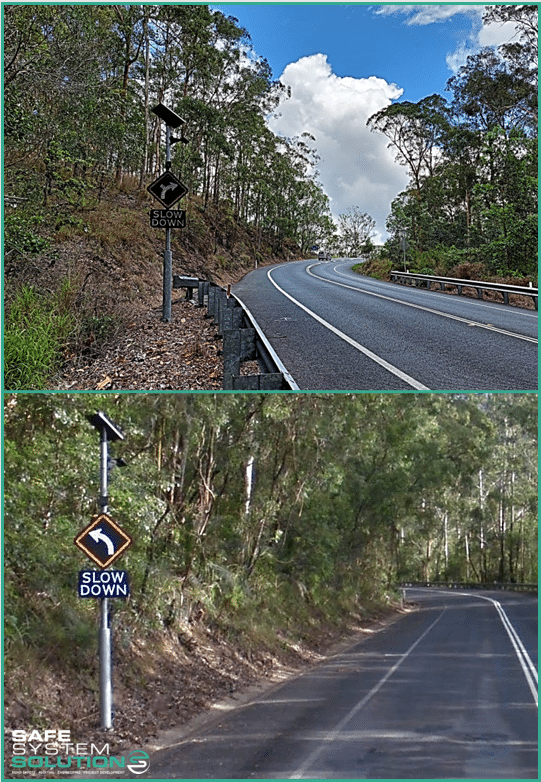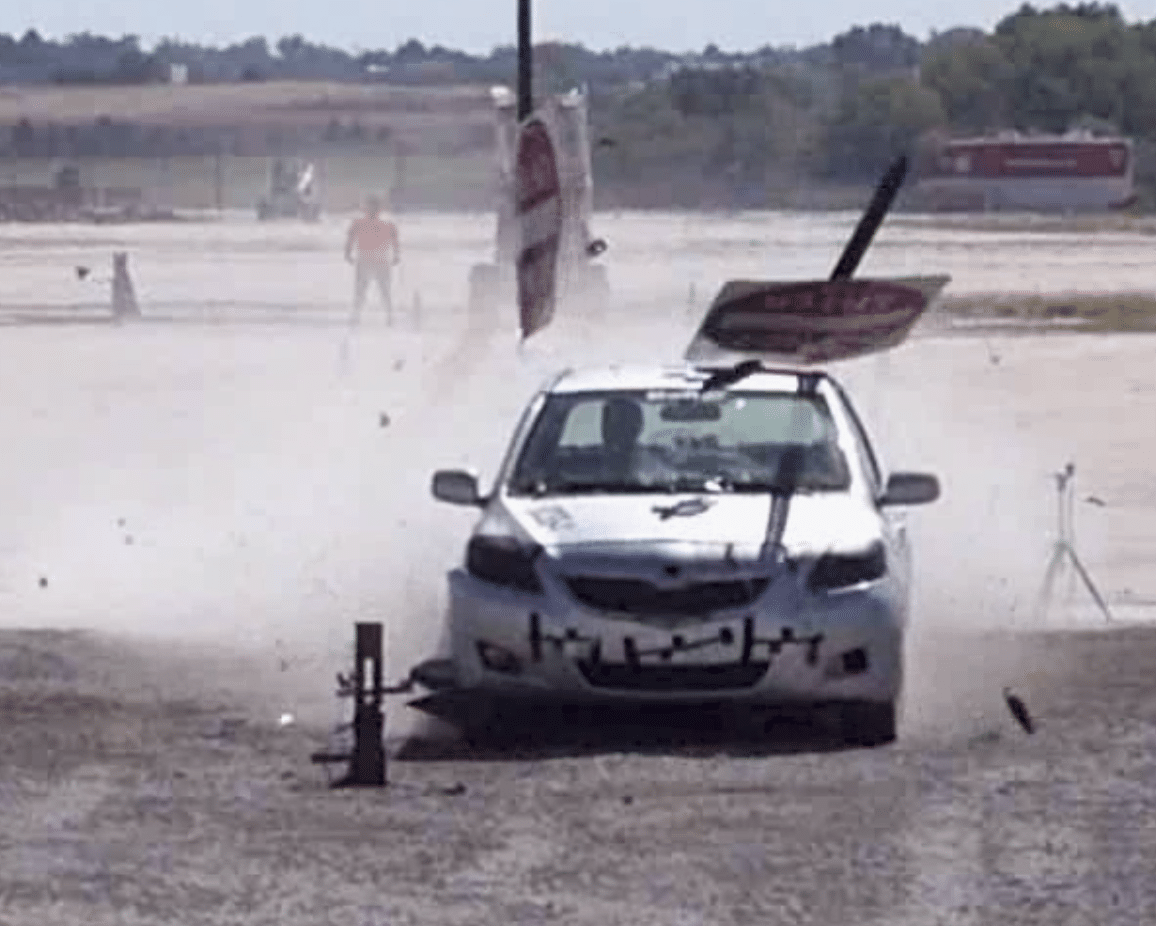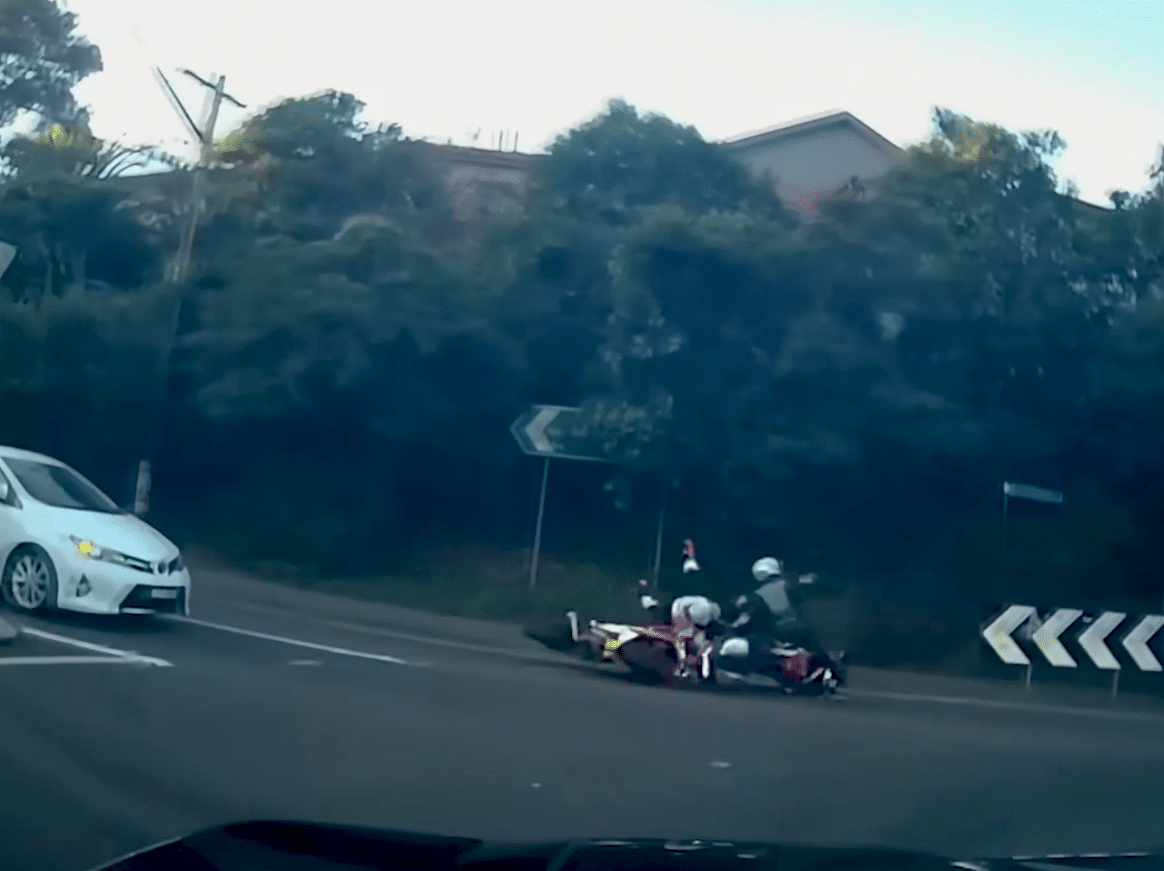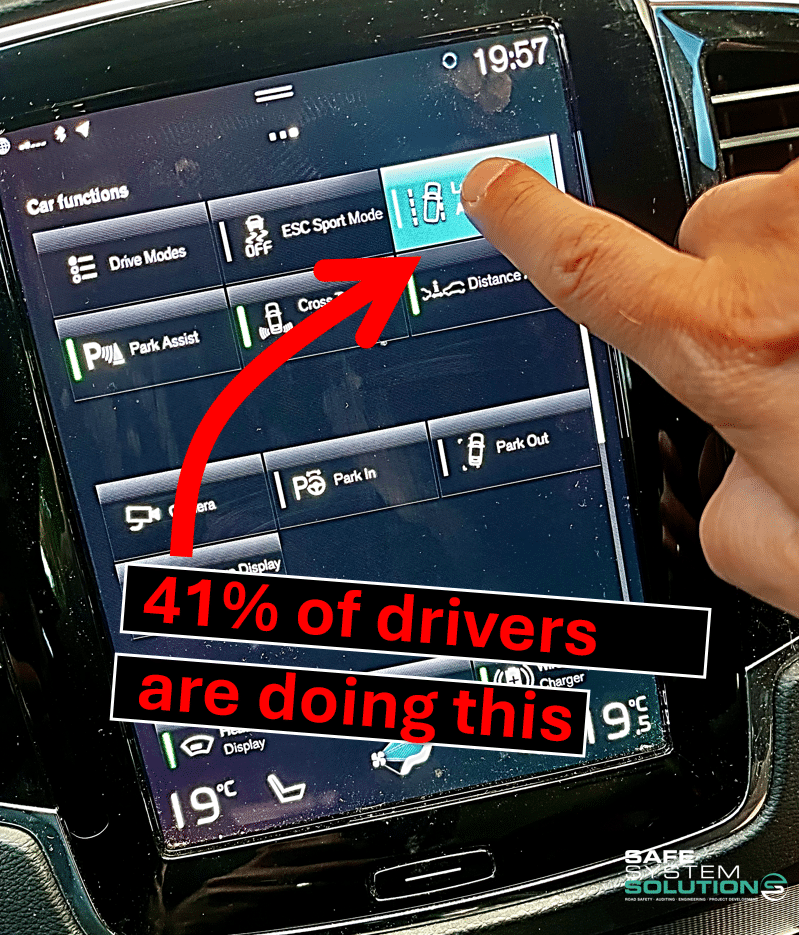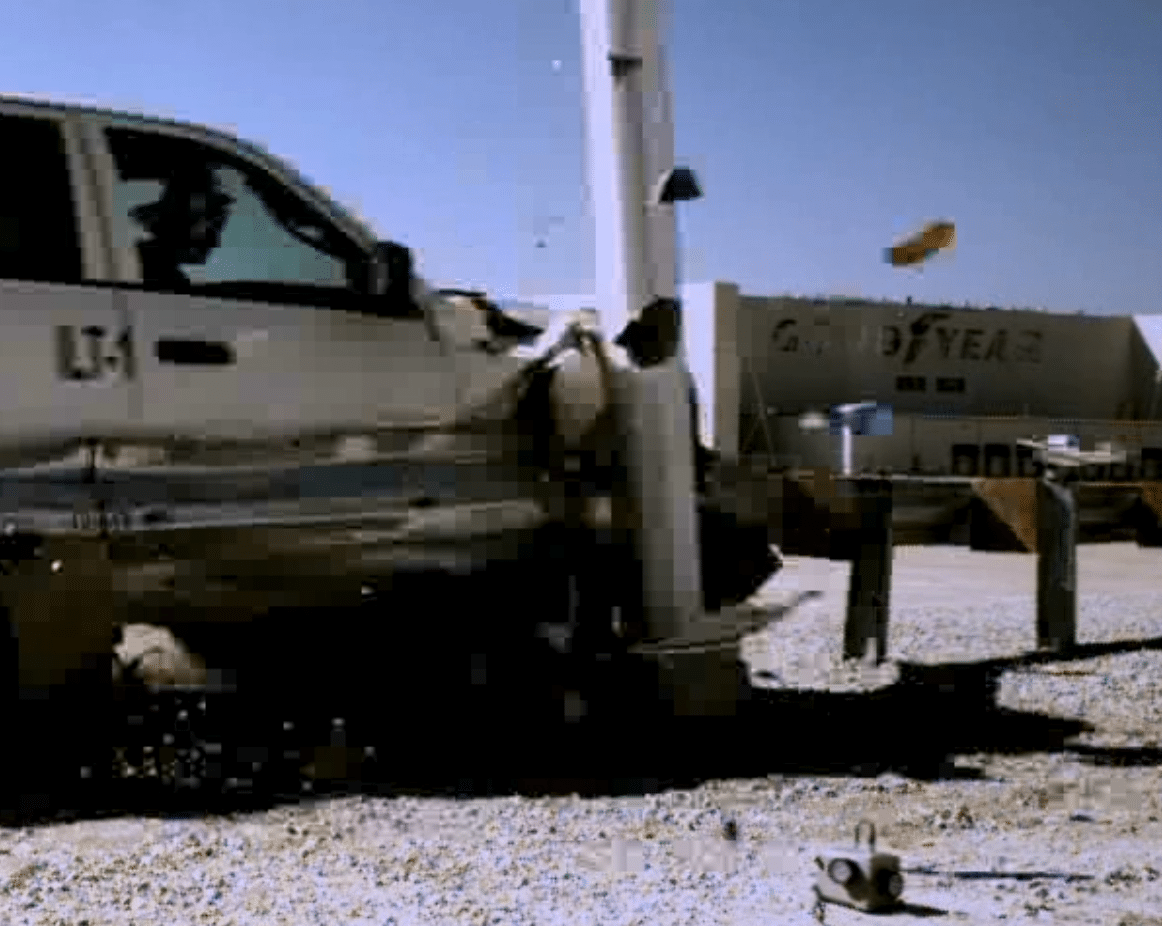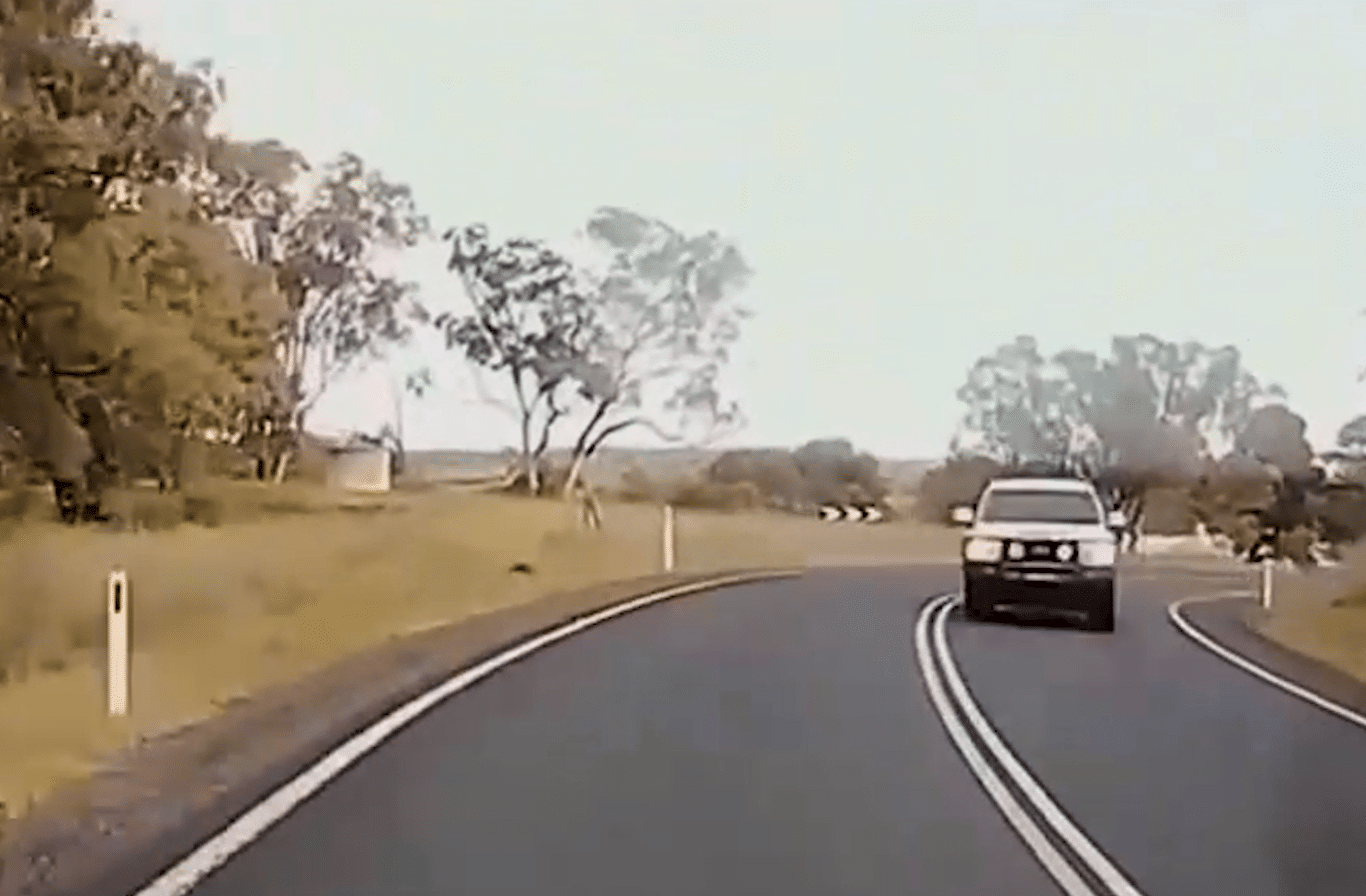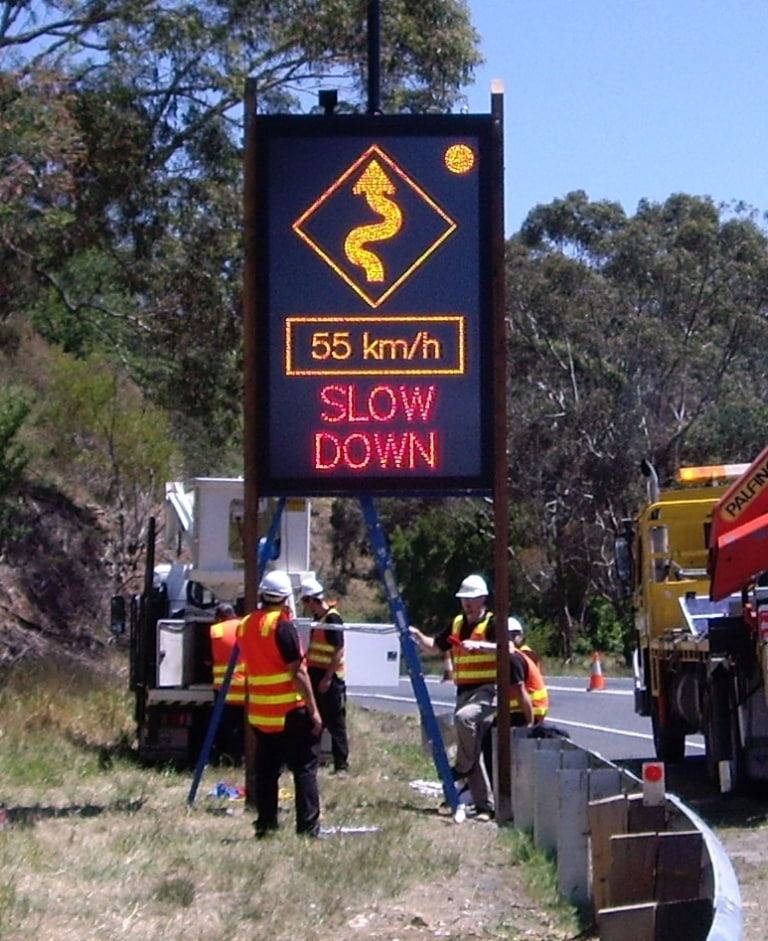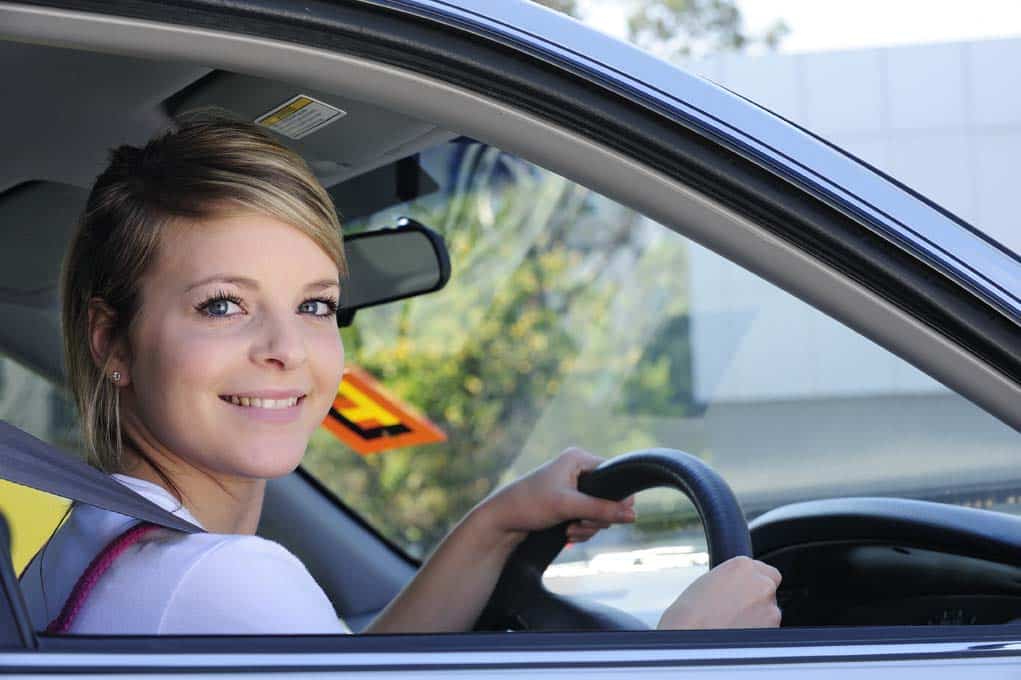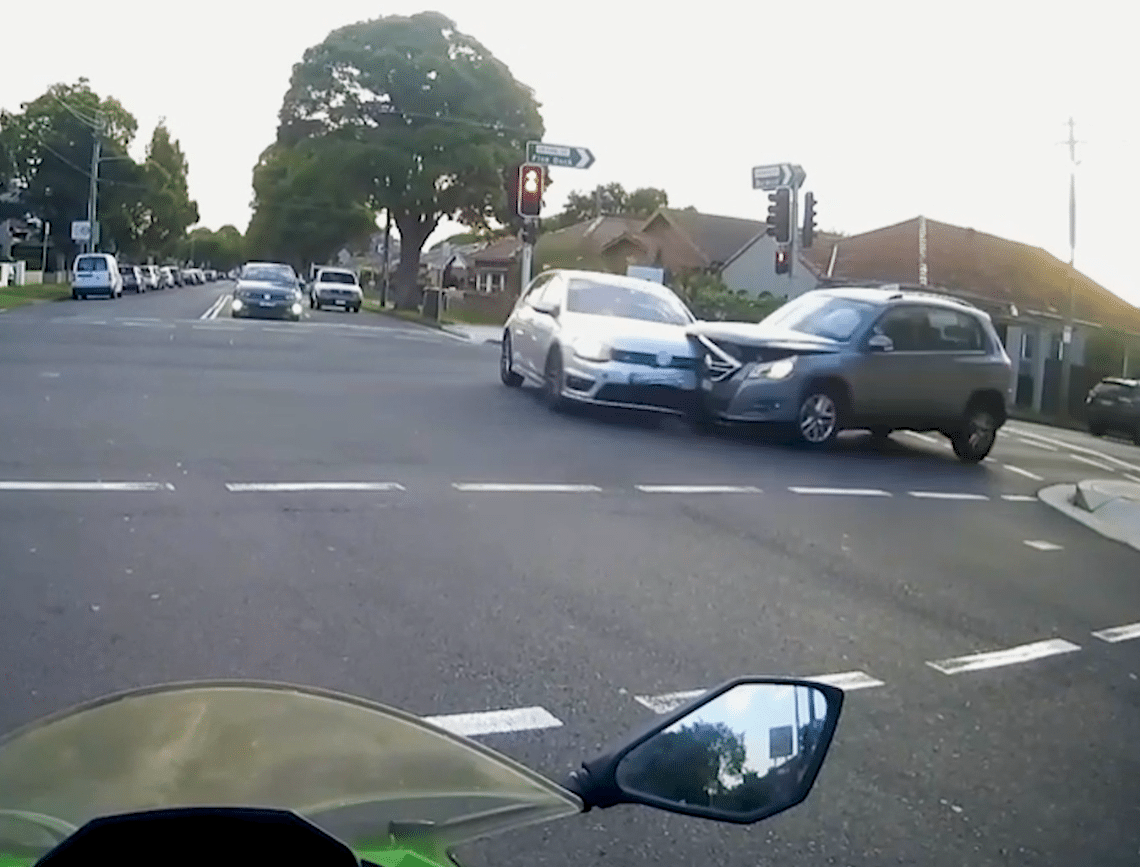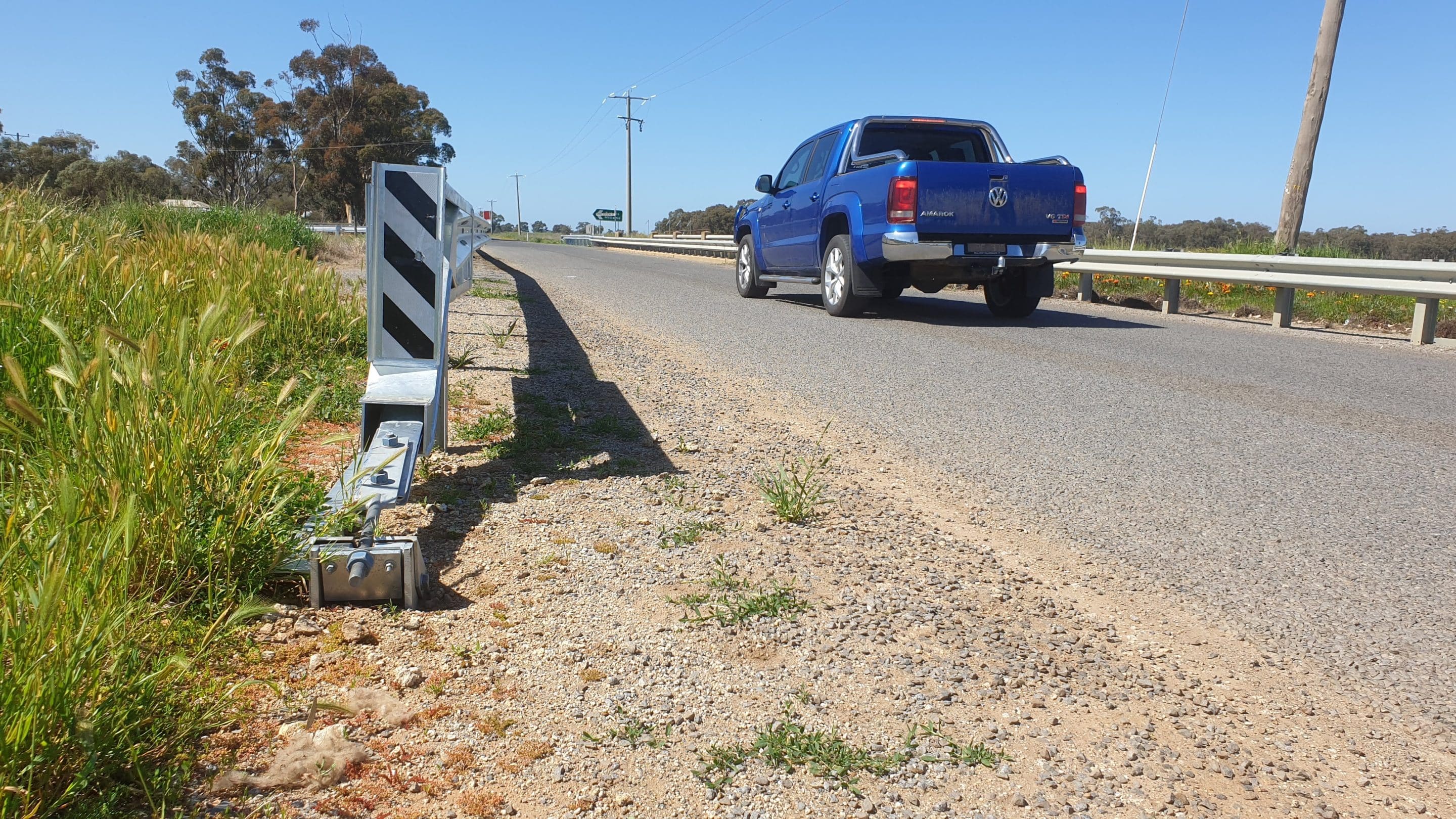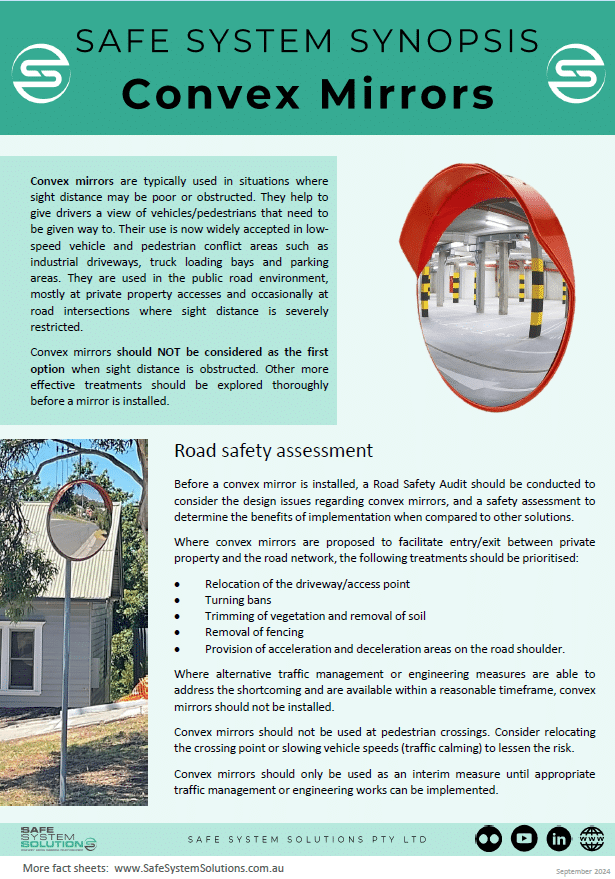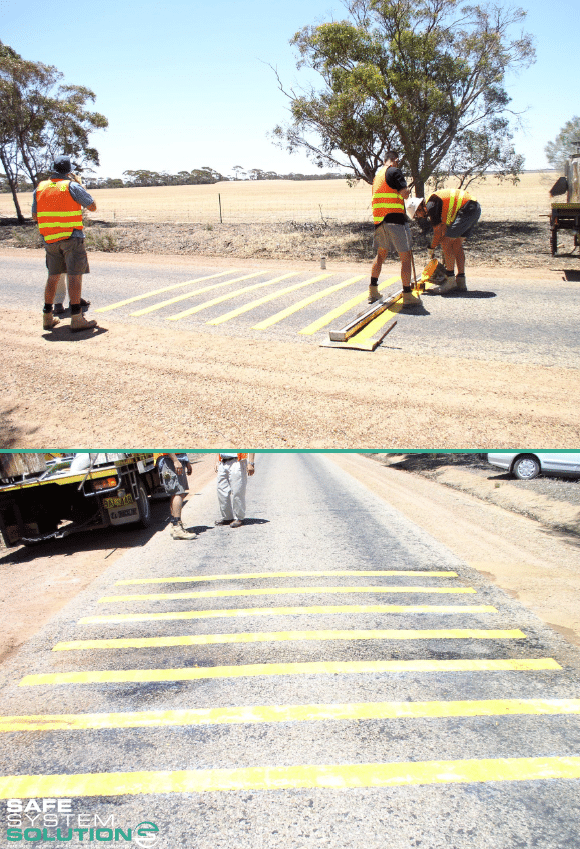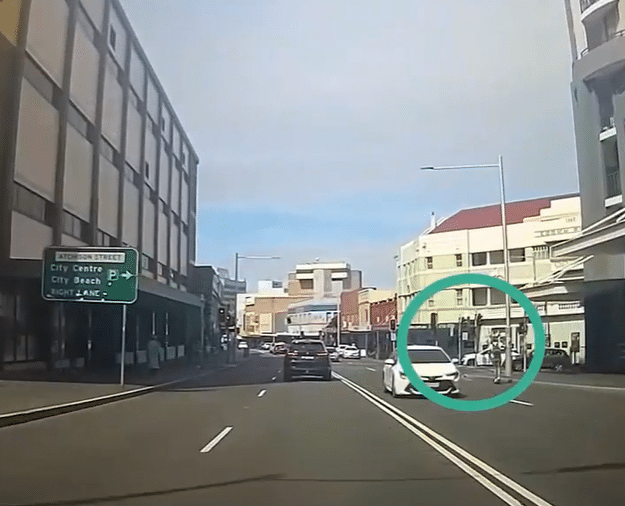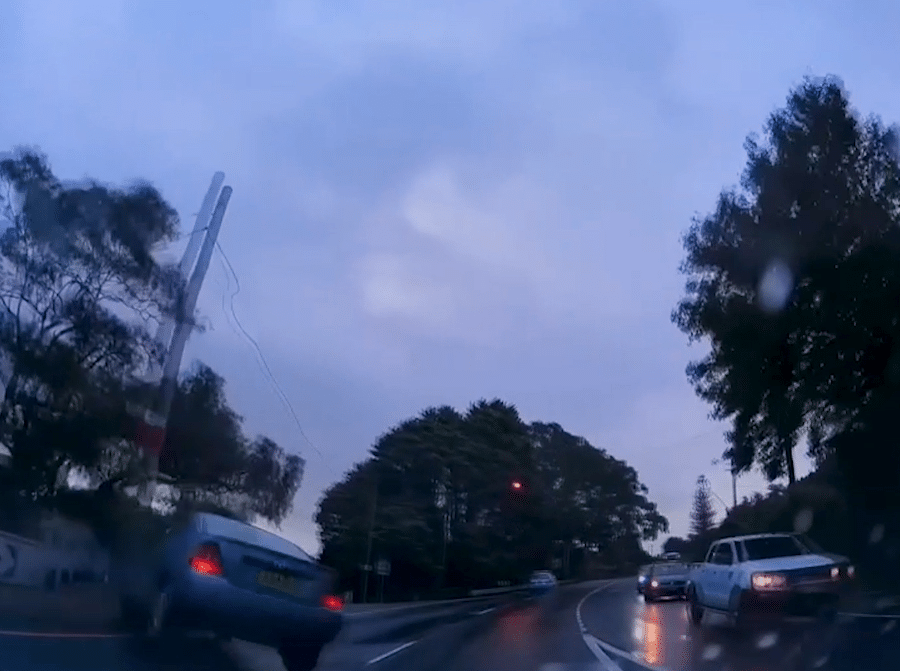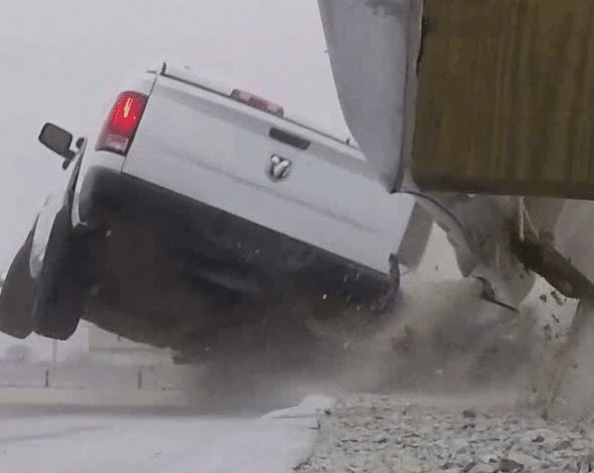Latest News
Safe System Snippet 407: Motorcyclists crashing with barriers
When motorcyclists crash into barriers, one of two things will be happening (according to the University of NSW): ~50% are already off the bike, sliding along the ground, colliding with the base of the barrier system. The other ~50% are still on the bike, trying to...
Safe System Snippet 406: Preventing errors from becoming tragedies
Humans make mistakes—that’s just a reality. But our roads need to be forgiving, so when those mistakes happen people are not killed or seriously injured. That’s why median barriers are so important: they’re literally life-saving. While we will continue to work to...
Safe System Snippet 405: Rural Roundabouts: A Proven Safe System Solution
Roundabouts are a well-known rural Safe System treatment, and for good reason. They reduce crashes and crash severity by slowing vehicles on approach, reducing conflict points, and ensuring any collisions happen at safer angles compared to right-angle crashes. That’s...
Safe System Snippet 404: Motocycle protective gear
“Protect Your Entire Body on Every Ride” - valuable advice from the Victorian Transport Accident Commission (TAC) regarding motorcycle protective gear. While wearing a helmet is the only legal requirement, it’s simply not enough. Covering your entire body can make a...
Safe System Snippet 403: The importance of a whole of system approach to road safety barriers
The recent Bus Collision with Road Barrier Report from Belmont North highlights the critical role of road safety barrier design, choice, delineation, and end terminals in preventing serious injuries. The incident revealed that the sloped leading edge of the barrier...
Safe System Snippet 402: Vehicle Activated Signs can reduce intersection crashes by up to 65%
At Safe System Solutions, we’re proud to have led the Austroads project that developed a series of fact sheets to support regional road safety. This one focuses on Vehicle Activated Signs which are an effective tool to enhance safety at priority-controlled...
Safe System Snippet 401: Signpost frangibility
Signposts should be designed to be frangible, meaning they fracture, break away, or bend upon impact to reduce damage to vehicles and the risk of injury to occupants. Smaller signs use posts that deform easily, while larger signposts are equipped with mechanisms that...
Safe System Snippet 400: Motorcycle-to-Motorcycle Crashes: Key Insights and Simple Solutions for Safer Group Rides
In Australia and New Zealand, most motorcycle crashes involve a single vehicle losing control, or cars failing to yield to motorcyclists at intersections. Thankfully, motorcycle-to-motorcycle crashes are rare - though they happen more frequently in group rides, where...
Are we switching off to ADAS technology and its benefits?
By Dr Tana Tan Research and Evaluation Lead | Safe System Solutions Advanced Driver Assistance Systems (ADAS) play a key role in the Safe System approach to road safety – but what can we do to ensure drivers don’t ‘switch off’ to these features? ADAS provides drivers...
Safe System Snippet 399: Slip-based light poles in the deflection zone of barrier systems
Across Australia and New Zealand, there are varying views on the placement of slip-based poles within the deflection zone of barrier systems. Historically, the consensus was clear: don’t do it – we don’t know how it will function, thus it’s not acceptable. However,...
Safe System Snippet 398: Cross centreline crashes
At first glance, central barrier systems might seem like they're only there to prevent head-on collisions. But they actually do much more. These barriers reduce both right and left run-off-road crashes. A minor distraction or a fatigued driver drifting slightly out...
Safe System Snippet 397: Vehicle Activated Signs
We've been designing, trialling, and implementing various Vehicle Activated Signs for quite some time now (photo below of some installations back in 2007 in Victoria). With advancing technology, we keep finding even more applications for these signs, including: Curve...
Humans make mistakes: why we can’t abandon this core Safe System principle
By Dr Amy Williamson Technical Lead - Safe People | Safe System Solutions In recent years, a slight philosophical division appears to have emerged among road safety professionals about how the human element is addressed in road safety. The 2024 ACRS policy position...
Safe System Snippet 396: Managing speed through signalised intersections
We can’t expect 100% of drivers to comply 100% of the time. While we’ll continue to work to lessen the amount of red-light running, it’s inevitable that some will continue to occur, and we need to think about the severity of these incidents. This crash looks to be...
Clear Zones Out, NRRIT In: What should local governments do?
What is NRRIT? The Network Roadside Risk Intervention Threshold (NRRIT) has replaced the ‘Clear Zone’ approach to managing and assessing roadside risk in Victoria, Queensland and South Australia. It is a key concept in road safety management, used to determine when...
Safe System Synopsis: Convex mirrors
We often get asked about the effectiveness of convex mirrors and frequently review proposals that include them. There’s a lot of misconceptions out there, so we’ve created a fact sheet to ensure practitioners have the right information at their fingertips. Convex...
Safe System Snippet 395: Transverse rumble strips
Have experience in the design, delivery, or maintenance of transverse rumble strips? Let us know what worked, what didn’t, and anything interesting about your work. Why do we want to know this? In 2022/23, Austroads asked Safe System Solutions and our colleagues at...
Safe System Snippet 394: Complex Urban Environments: Prioritising Safety
Content warning: Video shows footage of a real crash. Many of our urban areas are built around large, traffic-carrying roads that cut through busy activity centres. These environments have significant challenges, especially when it comes to the safety of vulnerable...
Safe System Snippet 393: Utility providers
Almost 40% of deaths and serious injuries in Australia involve a vehicle leaving the road and colliding with a roadside hazard. Of these collisions, the second most common hazards are utility poles (trees being the most common). Unfortunately, safety considerations...
Safe System Snippet 392: Barriers and kerbs
Kerbs play an important role in road/street design, however their proximity to roadside barriers can create challenges. When kerbs are placed near barriers, they can alter the way vehicles interact with barriers, increasing the risk of underride, override, and vehicle...

